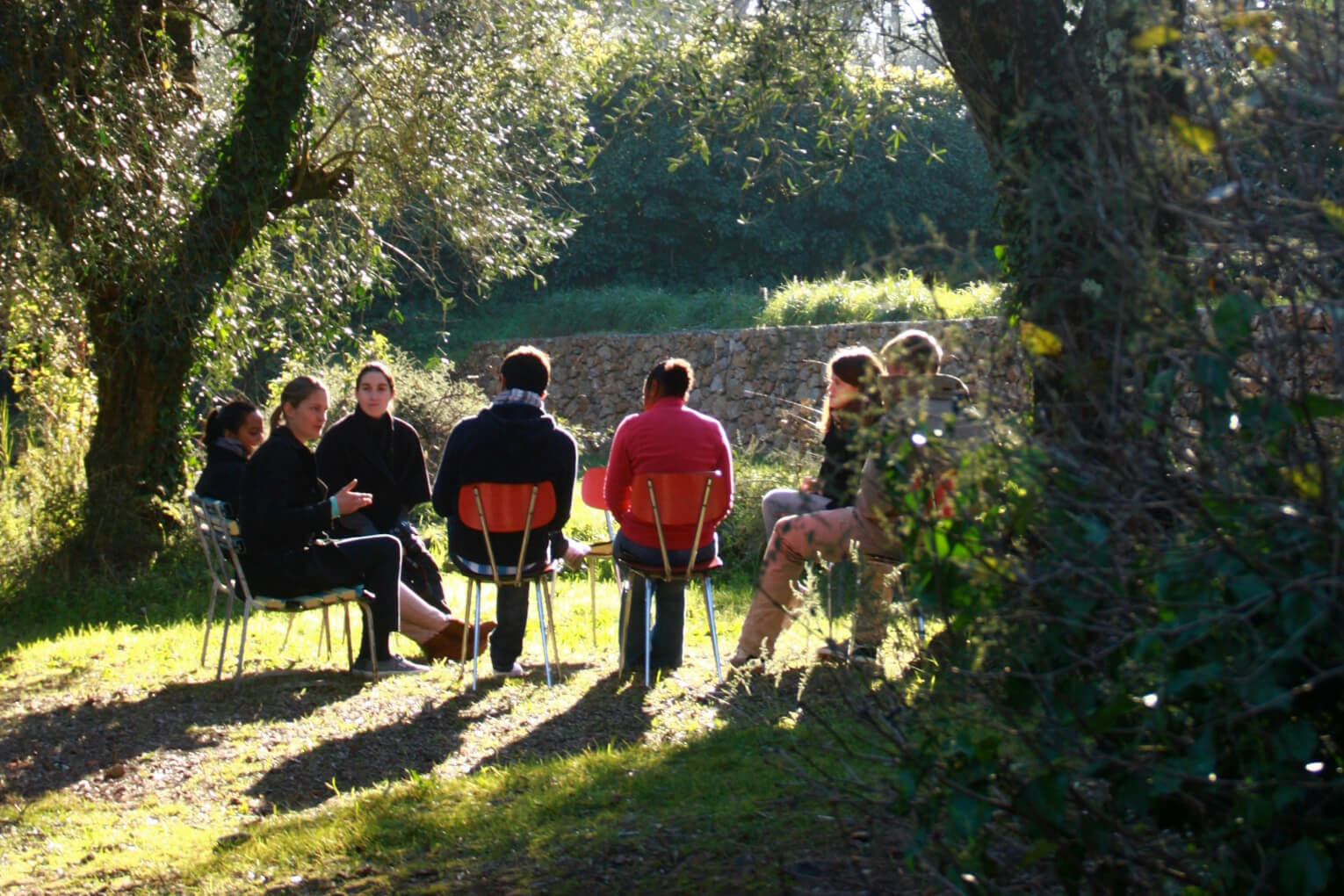


When we think of creativity and innovation, it’s often expected that the process of idea development is a simple black and white framework.
Companies tend to approach creative thinking with the mindset that there’s a problem that needs to be solved, while overlooking the steps needed to reach solutions.
This process is where Gamestorming excels, offering something of a one-stop resource for strategies, practices and tools that provide a structured and visual approach to navigating the idea generation process.
👋 Like what you hear? Listen to other More Beach Meetings episodes on iTunes, Spotify or Soundcloud.
In today’s episode we sat down with Gamestorming CEO, Dave Mastronardi to learn more about how organizations can use gamestorming techniques to plan and structure their offsite experiences.
What exactly is Gamestorming?
Gamestorming originated as a way of documenting some of the idea generation practices and techniques that originated in Silicon Valley.
While many of these methods were shared via word-of-mouth, their origins began to be forgotten as techniques were passed from person-to-person.
Gamestorming, originally published as a book 10 years ago, was created as a means of documenting these practices, similar to traditional folktales like the Brothers Grimm, to give people a reserve of activities that could help to provide structure to their creative thinking
7P’s For Planning Your Offsite
When it comes to planning offsite experiences, Dave recommends following a technique called the 7P’s, which covers everything you need to consider when planning things from events to podcasts to digital content.
The first P is purpose and sits at the core of everything you do. “What are we trying to get out of this?”
Once you’ve established your purpose, you can start to build a framework and structure everything else you are planning to do and consider the remaining P’s which are: people, product, process, prep, practical concerns and pitfalls.
The Importance of Closing
Wrapping-up tends to be one of the most overlooked elements in facilitating productive meetings. Dave notes that a key misstep is thinking that beginning to close marks the end of productive conversations.
While you may be wrapping-up, Dave says there is still a lot of evaluating and deep thinking that occurs during this stage of a workshop or meeting and with the right activities you can continue to spark conversation and continued ideation right through to the end.
And if you notice you’re going to be wrapping up early? “Add an activity, there is always something you can do.”
For more from Dave and Gamestorming you can check out their website, Gamestorming. Catch more stories on remote work, retreats and company culture on the next episode of "More Beach Meetings." Subscribe on iTunes or Spotify.





















